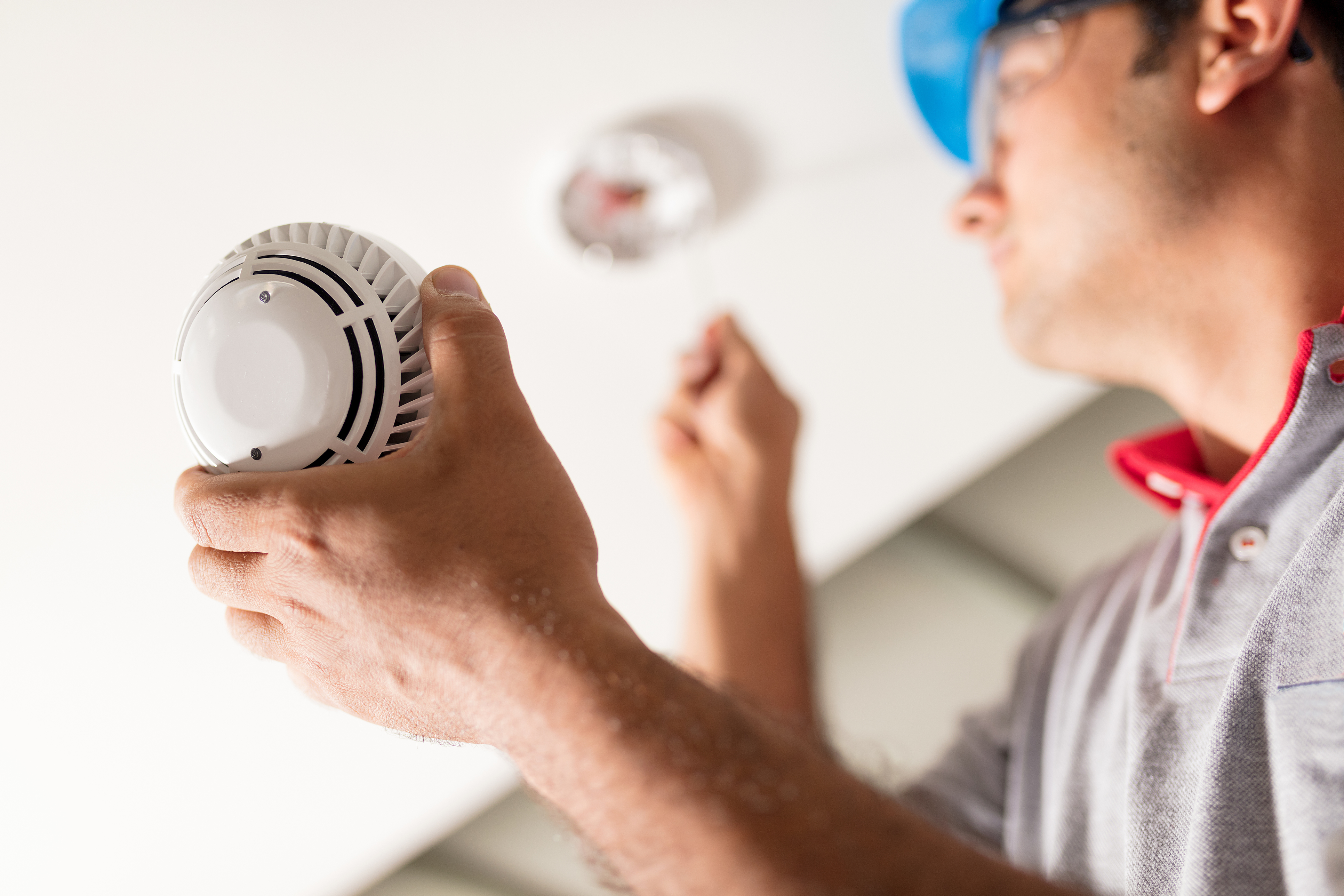Home contents insurance
The contents of your home (including fixtures, fittings and decorations) are not covered, nor are they protected against theft, fire, vandalism, or leaks, so we strongly advise you to consider home contents insurance.
You can find out more information on our page about home contents insurance.
Frost damage prevention
In cold weather, water inside pipes, cisterns and basins can freeze and expand causing serious damage. At the start of a cold spell take these precautions to avoid freezing:
- Make sure that all taps are turned off at night
- Report any running overflows
- Keep your home as warm as you can
- Find out where the main stopcock is and how to turn it off.
If you are leaving your home empty for more than a few days, and there is a danger of a hard frost draw off any water from the domestic system after turning off the stopcock, or if you have a central heating system, leave it running at a low temperature to provide background warmth.
Burst pipes
If you have a burst pipe, you should:
- Switch off your central heating system or immersion heater if you have one
- Turn off the main stopcock
- Put something under the leak to catch the water
- Turn on all taps to drain the system as soon as possible
- Call the repairs number.
Damp, mould and condensation
Dampness in buildings can be caused in many ways. The most frequent cause of reported damp is condensation.
Condensation occurs when moist air reaches a cold surface and deposits water on, or in, that surface. Air can become heavy with water vapour from cooking, washing, hot baths and drying clothes. Dampness shows up as black mould growth, particularly near windows or in areas where air cannot circulate.
To limit condensation:
- Reduce the amount of water vapour in the air by drying clothes outside. If you have to air them indoors, keep a window open.
- After a bath or shower keep the bathroom door closed and the window open so that steam can escape without getting into other rooms.
- Try to ensure that there is enough heat and ventilation in each room. If you have an airbrick or vent in the wall or window do not block it up or you will stop moisture getting out and prevent essential ventilation.
- If you experience continuing problems a Maintenance Surveyor can carry out a check on the cause of the dampness and give further advice.
For more information, visit our damp, mould and condensation page.
Pests and vermin
We know having unwanted visitors in your home and garden can be stressful and worrying. But don’t worry – if you’re experiencing pest issues in your home, there are lots of places you can go for help.
We would always ask initially that you try to resolve the issues yourself. See our guide on dealing with pests in your home.
We work in partnership with our customers and contractors to ensure our homes are safe and healthy.
- If you live in a house or bungalow: We will not treat pests like cockroaches, fleas, bed bugs, wasps, bees and ants in your home. We will also not treat vermin such as mice and rats in gardens but will support you if they have entered your property.
- If you live in a flat or maisonette: We will not treat pests like cockroaches, fleas, bed bugs, wasps, bees and ants in your home unless they are likely to spread to communal areas, where we will support you in ensuring they are treated.
Where we have communal gardens and carparks, we will work with contractors to treat vermin such as rats.
More on health and safety
We’ve got more information on keeping yourself and your home safe. See pages on gas and electrical safety, asbestos, flood prevention and more.
Read more